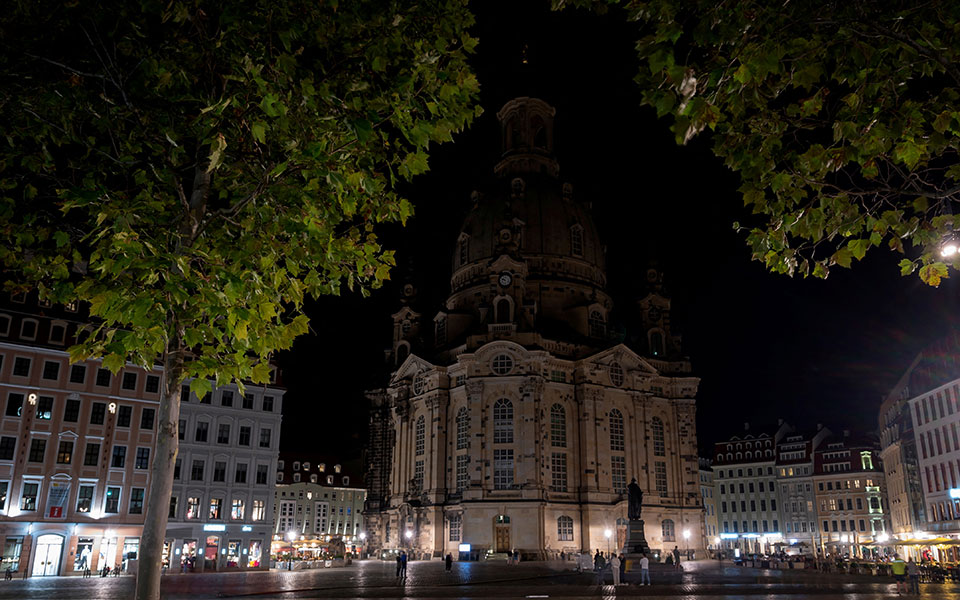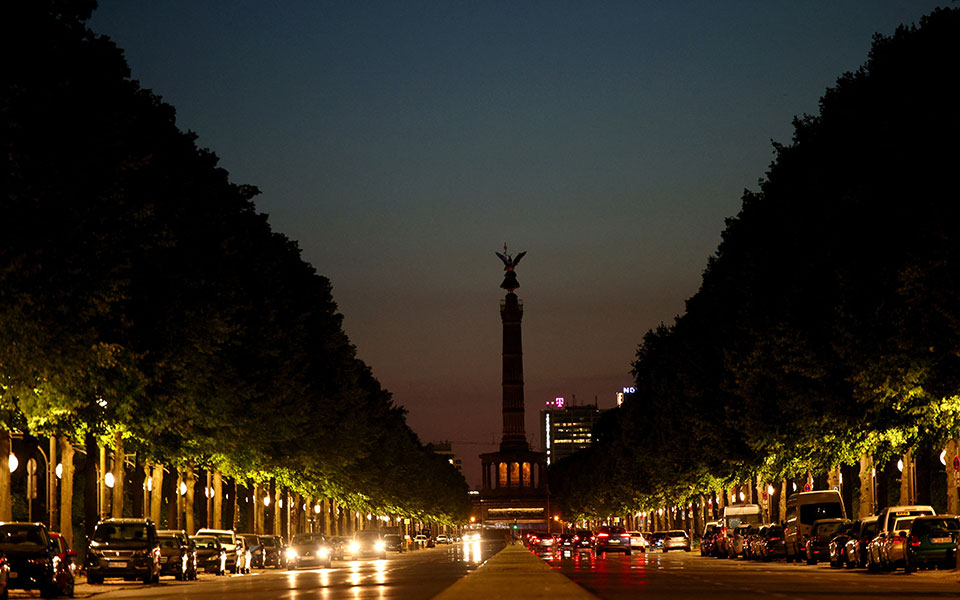
From the “August winter” speaks the philosophizing Greek people, and this path was chosen Germany continue energy conservation by taking mandatory measures for autumn and winter.
The Cabinet of Ministers approved two packages of measures in the context of the Energy Efficiency Law, which should ensure energy savings in the coming period. The first package for 6 months comes into force on September 1, the second package for two years from October 1. However, this package requires a green light from the Federal Council before it can be implemented.
Worst-Case Prevention
Each package consists of 12 pages with detailed measures aimed at businesses, the public and private consumers.
Appeals and proposals on how to reduce natural gas consumption for heating and lighting turned out to be insufficient for the responsible Minister of Economics, Robert Hambeck. Now the measures become mandatory for everyone.

But are they enough to pull Germany out of the energy strait thrown into the country by the war in Ukraine and its linkage to Russia’s energy chariot?
Hambek’s goal is to reduce natural gas consumption by 20% by March next year, compared to the previous five years’ average. According to the Ministry of Finance, the target of 5% to 8% has already been achieved.
“With the new measures, we will continue with new savings from 2% to 2.5%, and of course we cannot relax from now on, the road is still long,” Hambek told reporters after the cabinet meeting.
The new rules, long known and commented on by industry experts and consumer associations, are meant to be another added pillar in the fight to fill natural gas storage and reduce the consumption of natural gas for electricity generation.

The end goal is clear and adequately publicized: to avoid a natural gas emergency in the next two winters with logical consequences. make “miss” in his commission.
The Ministry of Economics believes that with these measures it will be possible to achieve savings in electricity costs for private households, companies and the public sector in the amount of about 10.8 billion euros.
What are the new measures?
Below are some indicative measures for the first package:
- 19 degrees maximum heating limit in public buildings,
- Switching off lighting in monuments and buildings, when done for aesthetic reasons,
- Private pools, indoor or outdoor, must not be heated by natural gas or electricity.
- Illuminated billboards or systems will be turned off from 22:00 to 06:00 am, except when necessary for safety reasons, such as at railway underpasses.

In addition, retailers must keep the front doors of their stores closed. In fact, the industry is launching an awareness campaign with a “doors closed, shops open” poster. Thus, they want to avoid misunderstandings with customers who want to enter the stores.
The second package of measures concerns public, corporate and private buildings and residential buildings. Annual heating inspections for buildings heated by gas will become mandatory. For example, systems should be set to a lower supply temperature and less nighttime operation.
Inefficient natural gas heat pumps should be checked annually and replaced if damaged.
Companies with an energy consumption of 10 gigawatt hours or more per year are required to take energy efficiency measures if they have already completed an energy audit that highlights consumption and potential savings.
Source: Deutsche Welle.
Source: Kathimerini
Lori Barajas is an accomplished journalist, known for her insightful and thought-provoking writing on economy. She currently works as a writer at 247 news reel. With a passion for understanding the economy, Lori’s writing delves deep into the financial issues that matter most, providing readers with a unique perspective on current events.